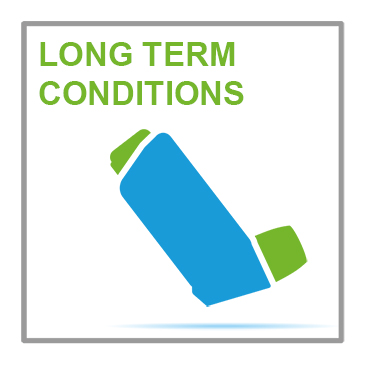Hypertension – ConcordanceMedication is an important aspect of health care and the drugs budget for the NHS is more than £10.7 billion a year. Unfortunately between 33 and 50% of people with long term conditions do not use their medication as prescribed. This means that apart from the patient not getting the benefit from the medication, wastage is costing the health service more than £100 million pounds annually. Many factors affect medication concordance and these involve both the health professional and the patient. It should never be thought to be solely a patient issue. Often there has been a failure to establish agreement between the clinician and the patient that they will take the medication in the first place, and subsequently there may be a lack of follow up and support. To understand a patient’s non adherence to medication we need to establish good open communication with them, consider their perspectives and encourage open discussion related to any concerns and understanding they may have. This resource, consisting of five assessment questions at advanced level, tests your understanding of the principles of concordance, and the reasons for non-adherence to treatment for hypertension. Complete the resource, including reading the featured articles and undertaking some or all of the activities, to obtain a certificate for one hour of continuing professional development to include in your annual portfolio. Aims and ObjectivesOn completion of this resource you should have an understanding of:
Practice Nurse featured articlesHypertension for the practice nurse Dr Mary Lowth Shared decision-making: what’s new, and why is it so important? Liz Bryant Medicolegal issues: Gaining consent Diane Baylis, Medical Protection Society Recommended readingNICE CG 76. Medicines adherence, 2009 https://www.nice.org.uk/guidance/CG76 NICE PH 6, Behaviour change: the principles for effective intervention, 2007 (including 2011 update) https://www.nice.org.uk/guidance/PH6 NICE CG 127. Hypertension: Clinical management of primary hypertension in adults, 2011, https://www.nice.org.uk/guidance/CG127 Davies M et al, for UK National screening Committee. The updated handbook for vascular risk assessment, risk reduction and risk management, 2012 https://www.healthcheck.nhs.uk/commissioners_and_healthcare_professionals/national_guidance/cardiovascular_risk_assessment/ Bane C, Hughes C, Cupples M, McElnay J. The journey to concordance for patients with hypertension: a qualitative study in primary care. 2007. Pharmacy World & Science 2007;29:534-540. https://link.springer.com/article/10.1007/s11096-007-9099-x Education for Health courses and workshopsCVD risk e-learning diploma https://www.educationforhealth.org/shop.php/courses/135/ Hypertensive diploma https://www.educationforhealth.org/shop.php/courses/43/ Coronary Heart Disease distance learning diploma https://www.educationforhealth.org/shop.php/courses/34/coronary-heart-disease Hypertension – workshop https://www.educationforhealth.org/shop.php/courses/16/ Putting Prevention First – workshop https://www.educationforhealth.org/shop.php/courses/31/ Tackling CVD risk – workshop https://www.educationforhealth.org/shop.php/courses/138/ Self-Management Support and Health Behaviour Change – workshop https://www.educationforhealth.org/shop.php/courses/176 Stroke – workshop https://www.educationforhealth.org/shop.php/courses/149/stroke-workshop |
|

